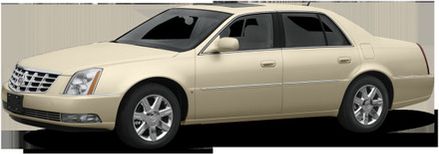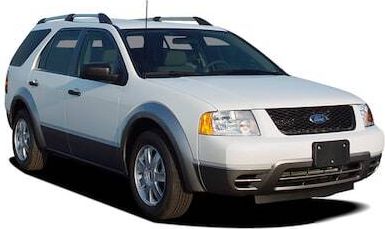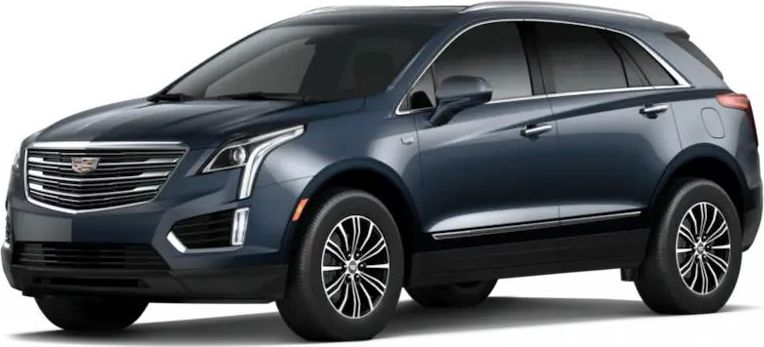Are you staring at an old, rusting hunk of metal taking up precious space in your driveway? That junk car isn't just an eyesore—it could potentially be a source of extra cash. In this ultimate guide, we'll navigate through the process of turning your clunker into cash. Discover the ins and outs of assessing your car's value, understanding the salvage market, and finding the right buyer willing to pay top dollar. Whether your car is barely running or has been stationary for ages, this comprehensive guide will provide you with the know-how to sell your junk car for the best possible price. Let's embark on this profitable journey together.

Assessing Your Junk Car's Value
Before you start the selling process, it's crucial to determine the worth of your junk car. A vehicle's value is influenced by factors such as year, make, model, condition, mileage, and current market demand for its parts and metal. Additionally, the overall aesthetic appeal and the presence of any modifications or upgrades can also impact its value. While a functioning drivetrain or a well-maintained body can up the price, extensive damage or outdated components may decrease it. Therefore, it's important to be realistic and take into account all these factors when assessing the most accurate value of your junk car.
Understanding the Salvage Market
The salvage market can seem baffling at first, but once you understand how it operates, you can use this knowledge to your advantage. Salvage yards typically buy junk cars for their parts and scrap metal, with prices fluctuating based on metal market prices. However, not all parts hold the same value. While the alternator, starter motor, and even tires can fetch a good price separately, other components may not be as sought after. Understanding which parts of your car hold value and being able to negotiate accordingly can help you get the best deal when selling your junk car.
Finding the Right Buyer
Locating the correct buyer is pivotal in the process of selling your junk car. Fortunately, there are a variety of options available to you. You can choose to sell to private parties, or junkyards, or even explore online services specializing in vehicle salvage. If you live in Florida, consider leveraging local resources such as junkcarsinorlandoflorida.com, which can purchase your vehicle for cash. It's important to shop around and get quotes from multiple sources to ensure you're getting the best offer. However, be cautious of scams and only deal with reputable buyers that provide transparent transactions and prompt payments. Researching buyer reviews and asking for recommendations can help you make an informed decision.
Preparing Your Car for Sale
Once you've decided to sell your junk car, taking the time to properly prepare it can help maximize its value. Start by removing any personal belongings from the vehicle and thoroughly clean out the interior. Giving the car a good wash and addressing any minor cosmetic issues can also enhance its appeal. Furthermore, gather all the necessary documentation such as the title, service records, and any other relevant paperwork. Presenting a tidy, well-documented vehicle can instill buyer confidence and potentially lead to a better price.
Transferring Ownership and Getting Paid
Understanding the legalities of transferring car ownership is essential to ensure a smooth transaction. Each state has its own set of rules and regulations, but typically, you'll need to sign over the title and fill out a bill of sale. It's important to ensure that you receive payment before you hand over the title to the buyer. Opting for secure payment methods, such as cashier's checks or electronic transfers, can help protect you from any potential financial mishaps.
Final Considerations and Environmental Benefits
As you finalize the sale of your junk car, it's important to consider the environmental benefits of your decision. Vehicles that are no longer operational can be hazardous to the environment, leaking fluids that may pollute the ground. By selling your car to a salvage yard or recycler, you're enabling the reclamation of valuable metals and parts, reducing the need for new raw materials, and promoting a more sustainable future. In addition to the financial gains, you can also feel good about contributing to a greener and more eco-friendly automotive industry.

Selling your junk car for cash is not just about making extra money; it's about decluttering your space, contributing to the recycling economy, and taking an environmentally responsible step. By following this ultimate guide, you have learned to assess the value of your vehicle, navigate the intricacies of the salvage market, seek out the right buyers, prepare your car for sale, and handle the legal aspects of transferring ownership. Armed with this knowledge, you're now ready to convert that old hunk of metal into a profitable venture. Remember, every junk car has potential value, so don't underestimate what you can achieve with the right information and a bit of effort. Good luck on your journey to a cleaner driveway and a fatter wallet!




